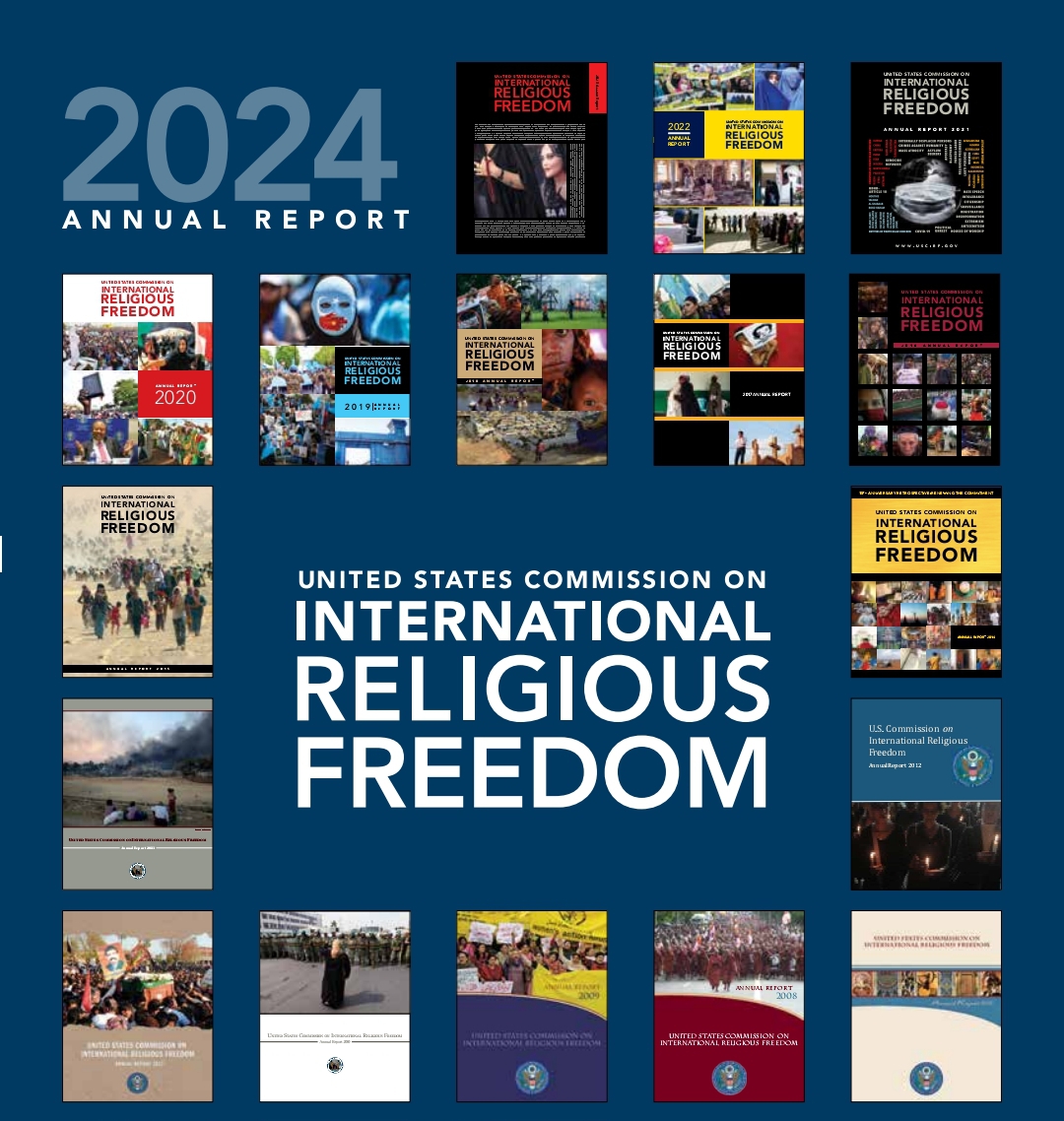News Desk
In its most recent report, the U.S. Commission on International Religious Freedom (USCIRF) sheds light on the alarming deterioration of religious freedom in Pakistan. The findings reveal a disturbing pattern of targeted persecution against religious minorities, marked by accusations of blasphemy leading to mob violence, lynchings, and forced conversions.
One significant incident cited in the report occurred in February 2023, when at least 50 men stormed a police station in Punjab to kidnap and lynch Muhammad Waris, a Muslim man accused of desecrating the Qur’an. This brutal act highlights the extreme consequences individuals face due to accusations of blasphemy in Pakistan.
Another poignant example took place in August, where a mob of hundreds attacked the Christian community of Jaranwala. The incident, which unfolded after two Christians were accused of committing blasphemy by desecrating a Qur’an, resulted in the damaging of dozens of churches and homes. Despite authorities arresting close to 200 people involved in the attack, fear persists among the Christian community, particularly among smaller churches unable to provide sufficient protection.
The USCIRF report also highlights the political exploitation of blasphemy laws in Pakistan. In January 2023, the National Assembly unanimously passed an amendment to strengthen punishment under the blasphemy law. This move, initiated by a member of the religious political party Jamaat-e-Islami, raises concerns about the potential escalation of persecution against religious minorities. The report emphasizes how political parties leverage blasphemy laws for political gain, particularly in the lead-up to national elections.
Furthermore, the report underscores the rise in terrorist attacks targeting religious minorities. In January, a suicide bomber attacked a mosque in Peshawar, killing at least 100 worshipers, marking one of the deadliest terrorist attacks in recent years. In June, the Islamic State (IS) claimed responsibility for killing a Sikh man in northwestern Peshawar, citing his affiliation with a “polytheistic” Sikh sect.
The USCIRF’s recommendations to the U.S. government include redesignating Pakistan as a “country of particular concern” and imposing targeted sanctions on Pakistani officials responsible for religious freedom violations. These recommendations come in light of Pakistan’s continued failure to address religious persecution and ensure the protection of religious minorities.
Additionally, the USCIRF calls for a binding agreement with Pakistan to address religious freedom violations, including the release of blasphemy prisoners and the repeal of blasphemy and anti-Ahmadiyya laws. The report urges the U.S. Congress to incorporate religious freedom concerns into its oversight of the U.S.-Pakistan relationship and advocate for the release of religious prisoners of conscience in Pakistan.
The USCIRF emphasizes the critical need for international attention and action to safeguard religious freedom and human rights in the country.


